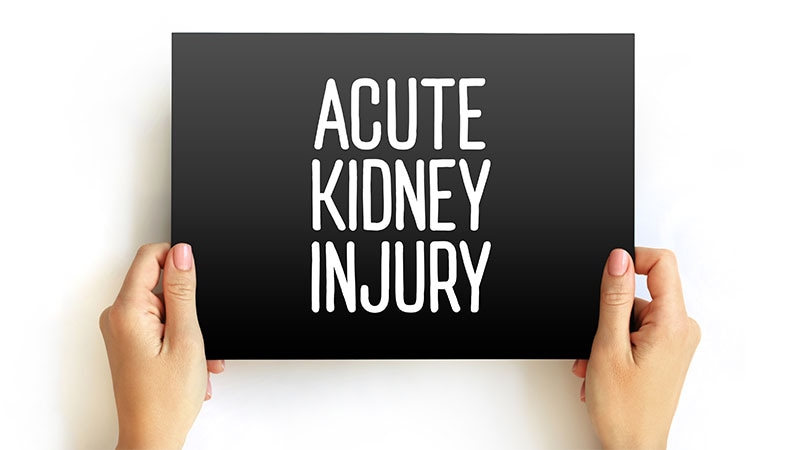Mild-to-Moderate Kidney Injury Impact on CKD Progression
核心概念
Mild-to-moderate acute kidney injury (AKI) does not significantly worsen chronic kidney disease (CKD) progression.
要約
The study challenges the belief that AKI accelerates CKD progression. It highlights the modest impact of mild-to-moderate AKI on kidney function decline. AKI may serve as a marker of vulnerable kidneys rather than a direct cause of kidney function loss. The importance of managing AKI as a warning sign for higher kidney risk is emphasized, suggesting tight blood pressure control and specific medications for CKD patients. The study does not receive commercial funding, and the authors have no relevant financial relationships.
要約をカスタマイズ
AI でリライト
引用を生成
原文を翻訳
他の言語に翻訳
マインドマップを作成
原文コンテンツから
原文を表示
www.medscape.com
Mild-to-Moderate Kidney Injury Doesn't Worsen CKD
統計
"During a median follow-up of 3.9 years, 433 of these patients had a total of 612 AKI episodes."
"After adjusting for multiple demographic and clinical criteria, changes in eGFR from baseline following an AKI episode showed no significant relationship with AKI events."
引用
"Our study is compelling because we have research-grade data that no other study had and is better controlled for differences between those who did and did not get AKI." - Hsu
"It's important to realize even if AKI is not causally linked to worsening kidney disease, it nevertheless flags an individual at higher risk of progression." - Wilson
抽出されたキーインサイト
by Mitchel L. Z... 場所 www.medscape.com 07-10-2023
https://www.medscape.com/viewarticle/994183
深掘り質問
What are the implications of this study on current practices in managing AKI and CKD?
The implications of this study suggest a shift in focus from preventing mild-to-moderate AKI to managing CKD progression. The findings challenge the widely accepted belief that AKI events trigger accelerated kidney-function loss in individuals with CKD. This challenges the current paradigm in nephrology that preventing AKI would prevent the development or accelerated progression of CKD. Therefore, current practices may need to be reevaluated to prioritize managing CKD progression rather than solely focusing on preventing mild-to-moderate AKI.
Is there a potential downside to shifting focus from preventing mild-to-moderate AKI to managing CKD progression?
While shifting focus from preventing mild-to-moderate AKI to managing CKD progression may have its benefits, there could be potential downsides. One downside could be overlooking the importance of AKI as a warning sign for individuals at higher risk of kidney issues in the future. AKI may still indicate vulnerability in the kidneys and the need for closer monitoring and appropriate medical interventions. Therefore, while managing CKD progression is crucial, it is essential not to disregard the significance of AKI as a marker of kidney vulnerability.
How can the findings of this study influence future research on kidney health and disease progression?
The findings of this study can influence future research on kidney health and disease progression by highlighting the need for more comprehensive studies that consider the impact of AKI on individuals with CKD. Future research could focus on understanding the relationship between AKI and CKD progression in more detail, including the mechanisms underlying this association. Additionally, research could explore the effectiveness of different interventions, such as renin-angiotensin system inhibitors and other treatments, in slowing CKD progression in individuals with a history of AKI. By building on these findings, future research can contribute to optimizing kidney health and improving outcomes for individuals with CKD.
0
